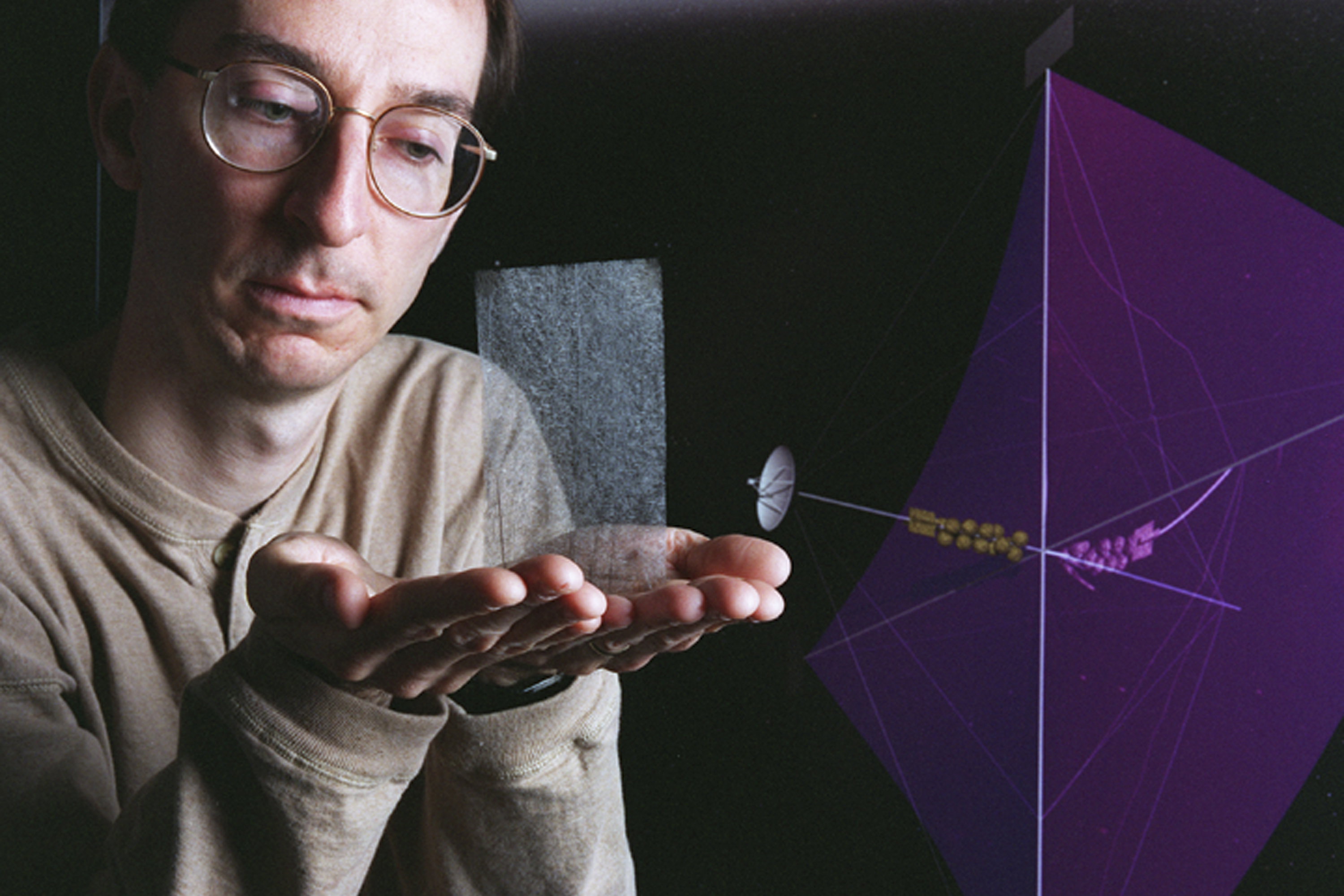By Guest Columnist, Jesse Turner
Everyone deserves a sex life that is safe and healthy, as well as pleasurable and fun. Open and honest communication about each person’s needs, wants, and boundaries is an essential skill when it comes to having healthy sex and healthy relationships. The good news is this skill can be learned.
Planned Parenthood wants young people to have the tools they need to stay safe and healthy. As the nation’s largest provider of sex education, Planned Parenthood reaches 1.5 million people a year with education programs and outreach, and an important part of this work is helping young people have safer sex, get tested for sexually transmitted diseases, and talk about STD prevention with their partner.
As an intern for Planned Parenthood Columbia Willamette, I strongly believe that access to quality health care and education is a fundamental right for all people to reach their fullest potential. Our health and access to healthcare shouldn’t depend on who we are, where we live, who we love, or who we have sex with.
While many people fear that a conversation about STDs and safe sex could be a mood-killer, recent research shows differently. Looking out for your health and that of your partner doesn’t mean that sex won’t be pleasurable and fun. Rather, it can help build trust and intimacy, which can help make sex more enjoyable and stress-free. One survey by Kaiser Family Foundation found that most young people would be glad a test was suggested (78 percent) and that it reflects their partner being responsible (89 percent).
While we’ve made progress, STDs continue to be an urgent public health crisis, affecting young people the hardest. Half of all STDs are in people younger than 25, although they represent only a quarter of people having sex. Young people make up the largest percentage of new HIV infections in the United States each year.
The sad truth is that as college students, we don’t have many examples of what a healthy conversation about STDs looks like. In sex scenes in movies and television, partners rarely talk about protection or STDs. These encounters often don’t reflect the diverse identities and experiences of young people.
Planned Parenthood has developed a new video series to fill this gap. As we all know, YouTube videos can be a great way to learn how to do all kinds of things, including communicating about STDs. The Planned Parenthood videos are matter-of-fact and fun, as well as educational. Check them out for pointers on how to spark your conversation at http://p.ppfa.org/TalkingSTDs.
If you’re nervous about talking about STDs with your partners, know that the more you do it, the easier it gets. You can start with something like, “I’m a little nervous to bring this up, but I want us to be healthy, and I think it’s important.” You may be surprised at how your partners react. They may be excited that you took the time and effort to show you care about their health and comfort, as well as your own.
The bottom line is that nothing about sex should be uncomfortable, including conversations about STDs. Nobody should be pressured, coerced or manipulated in any sexual situation, and no one should be shamed, harassed, or judged because they have an STD or because they want to use protection. STDs are like any other medical or health problem, and someone with one should not be judged for it. Stigma is about fear, and fear discourages honesty. If we can’t talk honestly about STDs, we’re not going to be able to prevent them. Planned Parenthood believes that all people have the right to be treated with respect by their partners, including protecting each other’s health by talking about STDs.
Making sure everyone is on the same page about staying safe and healthy can bring you closer together with your partner—and it can make sex better and more stress-free. There’s no downside.
A PSU senior majoring in child and family studies, Jesse Turner serves as an education intern at Planned Parenthood Columbia Willamette. PPCW Teen Council—a peer-to-peer sexual health education program—invites students and their friends to the “Get Yourself Tested Party” from 5:30–7:30 p.m. Monday, April 24 at PPCW’s Northeast Portland Health Center, 3727 N.E. Martin Luther King Jr. Blvd. This free event will feature trivia, raffles, DIY sex-ed themed crafts, snacks and more. To reserve a spot for an STD test, please call 503-788-7273.






